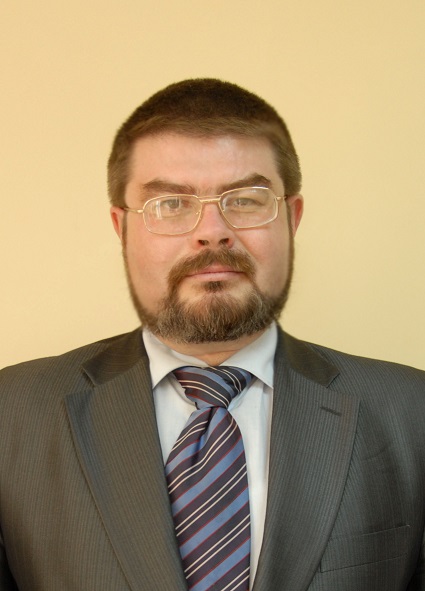Digitalization trends that have been actively developing in the Russian Federation over the past ten years have an impact on the protest moods of people who share a religious worldview. The authors of the publication were interested exclusively in digital forms of protest activity within the traditional confessions of Russian provincial cities, namely Orthodoxy and Islam. In view of the small number of people who profess Judaism in the provincial cities of the Russian Federation, and because of the dogmatic foundations of traditional Buddhism, which is extremely negative to any form of protest against existing political, economic, and social realities, these denominations have not given any significant examples of virtual protest on the Internet. The authors clearly distinguish between legal forms of digital protest in the religious semiosphere and forms of religious extremism and xenophobia, which are also beyond the scientific interest of the authors of this study. The subject of this analysis is the forms of virtual protest activity on the Internet, which are classified in the following areas: protest against religion as an institution that protects the existing political, economic, and social foundations of Russian society from the point of view of atheism and other faiths and religious systems; protest against the existing official confessional hierarchy within the normative religious discourse; protest against internal confessional dogmas aimed at reform or division. Digital protest activity is based on a marginal religious identity that does not affect the normative and confessional discourse but is formed within the framework of political, mythological, and ideological discourses. Protest moods against religion as a social institution or atheistic protest correlates with political and socio-economic protest moods in provincial cities of Russia.
Keywords: digitalization, protest, religious semiosphere, marginal religiosity
DOI: 10.22250/2072-8662.2021.2.110-118
About the authors
 |
Igor А. Yurasov – DSc (Sociology), Associate Professor, Professor at the Department «Management, computer science and Humanities science» |
 |
Maria А. Tanina – PhD (Economics), Associate Professor of the Department «Management, computer science and Humanities science» |
 |
Vera A. Yudina – PhD (Economics), Associate Professor of the Department «Management, computer science and Humanities science» |






